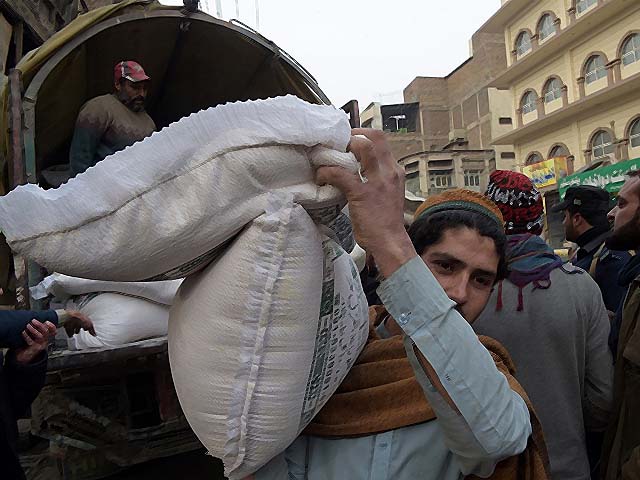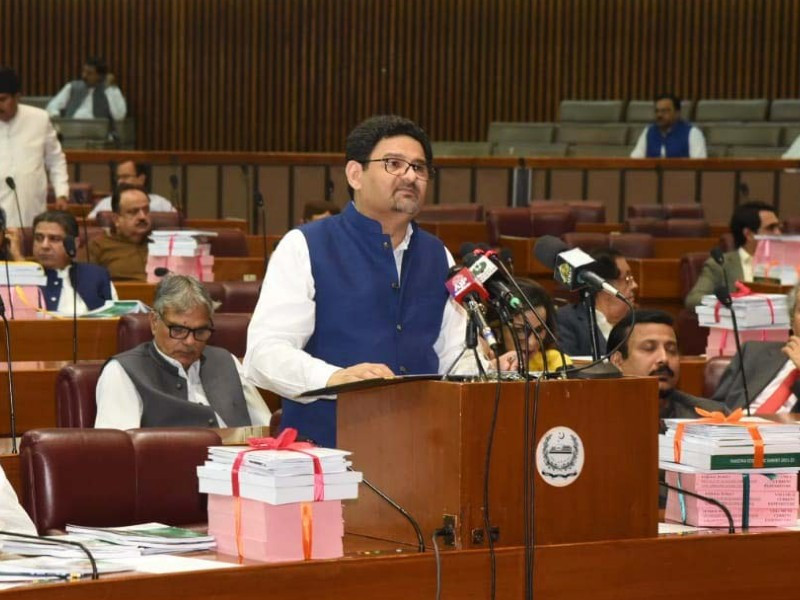
Why is Pakistan facing a wheat crisis again?
Although Pakistan claims to be self-reliant when it comes to the production of wheat, the price of this largely consumed food staple has surged by 42.13% in the urban and 45.12% in the rural areas this September. As per the Ministry of National Food Security, there is an anticipated shortage of wheat this year in the wake of a shortfall in the output, which remained at 25.2 million tonnes against the targeted harvest of 27 million tonnes. In light of this, the cabinet permitted wheat imports by both the private and public sectors.
One may question what caused a colossal price hike if the authorities had already envisioned a shortfall in the yields in a timely manner. Is it due to the hoarding by local mafias? Does it have anything to do with Pakistan Tehreek-e-Insaf’s (PTI) competence? The answer to both the questions is ‘No’. Pakistan has an oddly centralised structure where the cabinet assents each recommendation. This causes an unnecessary time lag in action, which has adverse connotations on the ground.
Let us recall the wheat crisis last year. The cabinet repudiated the proposed ban on wheat exports by the relevant ministry in June. The ban was eventually inflicted in September, but the delay amplified the plight. Interestingly, the Economic Coordination Committee (ECC) imposed the ban in July, but it still had to be formally approved by the cabinet in September. The ban on wheat exports to Afghanistan was lifted again in October, though the ban on wheat flour was still in place. The situation worsened in January when the transporters strike disrupted supply chains across the nation. All of this ended with wheat prices skyrocketing, which triggered a committees formation to probe the reasons for the crisis.
The story is no different this year. Despite the prediction of the shortfall by relevant bureaucrats, the government did not realise the gravity of the problem until June. The estimated shortage increased from a million metric tonnes (MMT) in June to 1.5 MMT in July. There was a further upward revision to 3 MMT in September. A considerably high international wheat price stirred reluctance in the private sector to import more than 0.5 MMT. As a result, the Trading Corporation of Pakistan (TCP) was tasked to bridge the wheat import gap in August. The cabinet approved 1.5 MMT of wheat import by TCF. Out of these, Punjab's government agreed to finance import of 0.7 with Khyber Pakhtunkhwa (K-P) importing 0.3 MMT and Pakistan Agricultural Storage and Services Corporation (PASSCO) procuring the remaining 0.5 MMT.
According to the Ministry of National Food Security, the TCF has awarded wheat import contracts at $233.85 per tonne, which will arrive from October this year to January 2021. However, the ministry apprised that the tenders floated in mid-September were not entertained due to excessive rates. On the other hand, the government is renegotiating the wheat contract with the Russian counterpart. It has realised that it might set a wrong precedent for forthcoming imports by procuring wheat at $279 per tonne on a government-to-government basis from Russia.
The government seems to be feeling the heat of this recurring conundrum. Foreign Minister Shah Mehmood Qureshi recently informed the public that the government is mulling upon augmenting wheat’s minimum support price for the next crop in a bid to address the woes related to this essential commodity. In a joint presser with the Industries and Food Security ministers, he reiterated that the government would exercise administration over hoarders and profiteers who reap fruits of a speculated price hike due to the demand-supply gap. He also claimed that the Sindh government would release 10,000 tonnes per day to stabilise Sindh’s escalated wheat prices.
The situation is exacerbating fast in Pakistan, while the citizens are hoping against hope that upward pressure on the prices of food commodities will ease out. It will be imperative for policy-makers to devise a robust mechanism that gives out unerring production estimates if they intend to come to grips with wheat mismanagement for good.




COMMENTS
Comments are moderated and generally will be posted if they are on-topic and not abusive.
For more information, please see our Comments FAQ